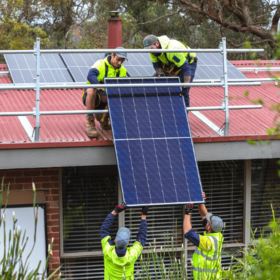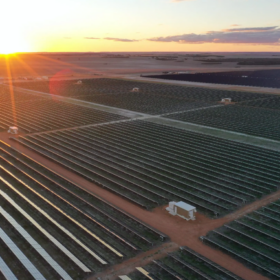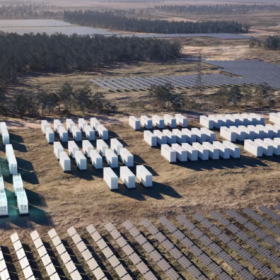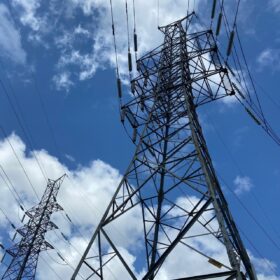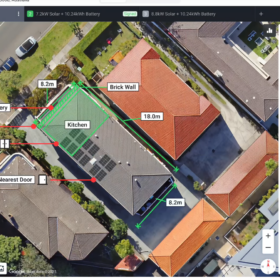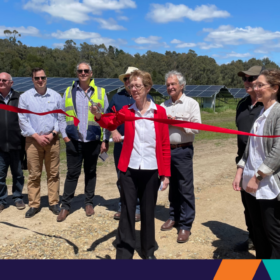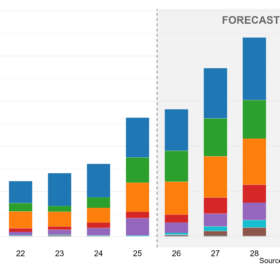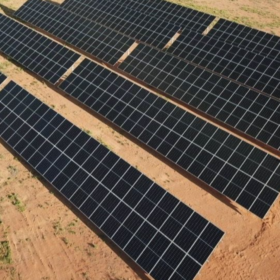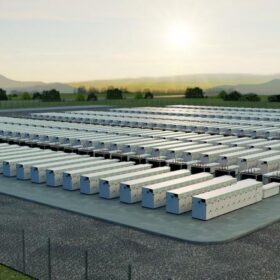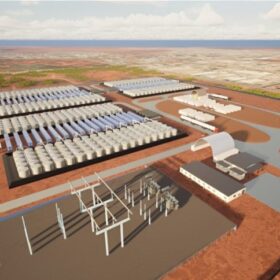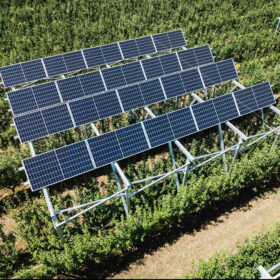Household solar electricity generation in the Australian national accounts
The Australian electricity industry has transformed over the past two decades, driven by the rise of household solar and other renewable energy sources. Since 2010, supported by government incentives and improving technology, rooftop solar installations have surged.
Potentia Energy secures $830 million financing to support portfolio growth
Potentia Energy has completed an approximately$830 million portfolio financing package supporting its operating renewable energy assets and the delivery of new projects across Australia, comprising more than 600 MW capacity.
CIMIC’s UGL to deliver Stage 3 of Neoen’s Western Downs battery
UGL, a member of the CIMIC Group, has been selected by Neoen and Tesla to construct Stage 3 of Neoen’s Western Downs 305 MW / 1,220 MWh battery in Queensland.
Indonesian 50 MW thin-film solar factory pilot aims for 1 GW per year
Pertamina Power has teamed up with HyET Solaris to validate the commercial feasibility of producing and marketing HyET’s lightweight and flexible solar products in Indonesia, by developing a 50 MW per year factory pilot.
Western Australia renewable energy generation delivers record on the SWIS
For the first time, renewable energy accounted for the majority of energy on Western Australia’s South West Interconnected System in November at 55.78%.
GreenSketch 3.0 fast tracks solar and battery install design and business
Australian solar distributor OSW Group has enhanced its free solar, battery design and installation business tool, GreenSketch version 3.0 with new AI-powered features, that simplify and accelerate workflows.
Salvation Army powers aid efforts with new agrivoltaic solar farm
The Salvation Army Australia has completed an agrivoltaic, and its first, solar farm near Melbourne, with the aim to reduce its carbon footprint while boosting its ability to help those most in need.
FY2029 renewable energy construction spending to peak at $23 billion: report
New industry forecasting company Macromonitor analysis has found renewable energy construction tripled since 2021 and is on track to increase to a peak level of $23 billion in FY2029.
Oodnadatta Track off grid project a blueprint for remote installations
South Australian renewable energy systems installer MyEnergy Engineering has been awarded 2025 project of the year over $1 million for it’s 200 kW / 280 kWh microgrid located in the state’s most remote town of William Creek on the Oodnadatta Track.
NEM dispatchable capacity CIS Tender 8 opens, targets 16 GWh
Undertaking a fast tracked, single stage application process the Capacity Investment Scheme Tender 8 – NEM Dispatchable Capacity has opened for registrations and is targeting 4 GW of 4-hour equivalent.

